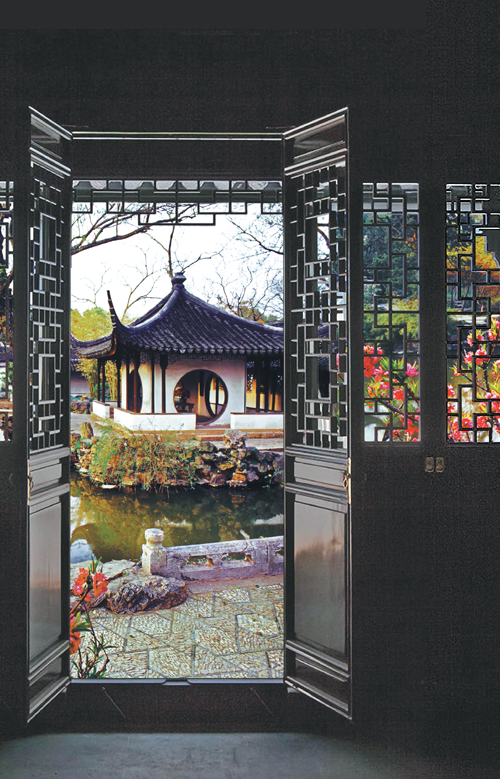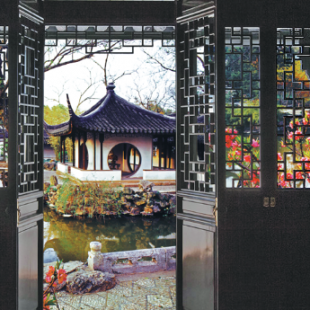Where heritage takes root


The temple has disappeared in the mists of time, but the Lion Grove Garden is still a must-visit attraction for travelers to Suzhou.
While they will be admiring the same view as their ancient predecessors, against the louder backdrop of the modern world, they may need to work harder to attain a sense of tranquility.
"In recent years, we've tried to restore the historical landscapes of Suzhou's classical gardens, but an exquisite garden cannot be an empty shell," says Bai Lingzhi, deputy director of the planning department of Suzhou Administrative Bureau of Garden and Landscaping.
"We need more creative ideas to usher people into the lifestyle espoused by the gardens and thus promote their aesthetic value in the modern era," she explains.
Consequently, last year, a new project was launched allowing tourists in small groups to reserve places to enter the garden in the early morning before the regular opening time. Their visit ends with them completing the last step in making a traditional folding fan, adding a poem about the garden on its surface.
It is a poetic way to reminisce about the golden age of Suzhou's classical gardens.
"The experience can help us understand the wisdom, refined taste and philosophical worldview of the ancient Chinese literati," Bai explains.
Not every architectural landmark is grand in scale, with splendid decorations, or dazzling colors. Suzhou gardens may just be the opposite.



































